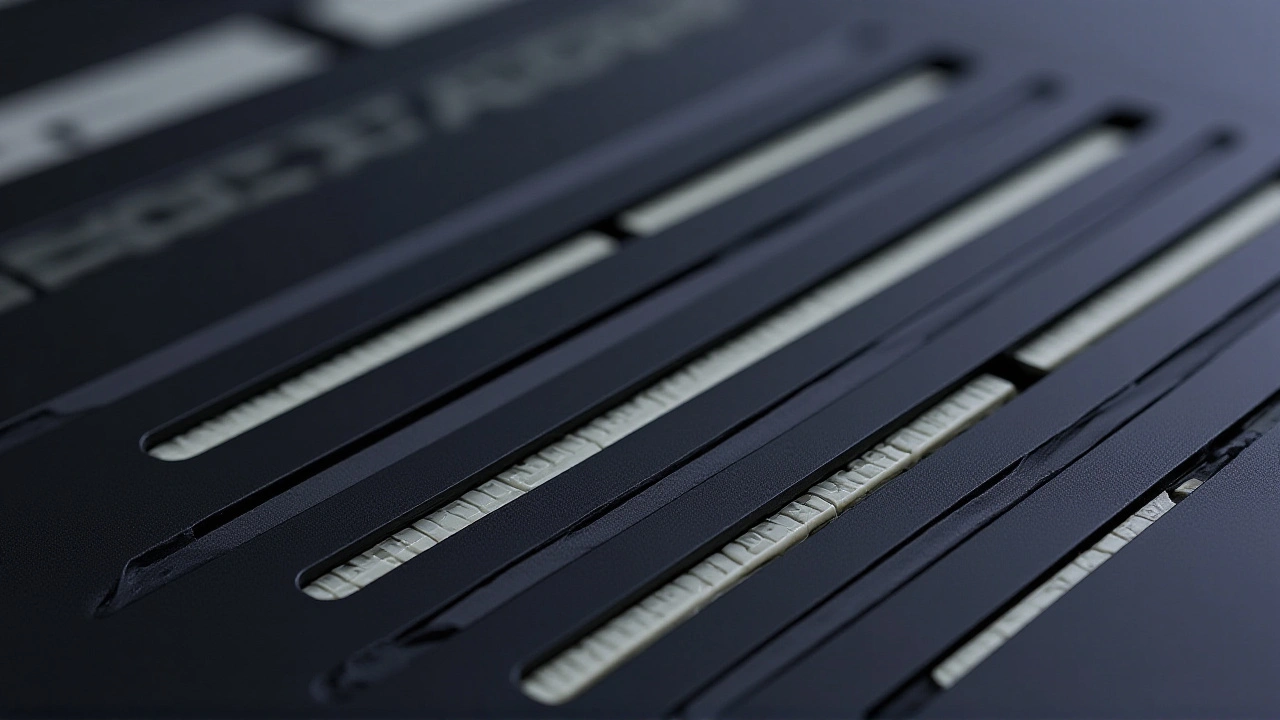AI Chip Export Ban: What It Means for Global Tech and South Africa
When the AI chip export ban, a set of U.S. government restrictions blocking the sale of advanced AI semiconductors to certain countries. Also known as semiconductor export controls, it’s not just about stopping China from building better AI—it’s about controlling who gets to run the next wave of technology. These chips power everything from facial recognition systems to drug discovery tools, and the U.S. doesn’t want rivals getting their hands on the fastest ones. The ban targets high-end GPUs like NVIDIA’s H100 and A100, which are critical for training large AI models. But it’s not just China that feels the ripple. Companies in India, Brazil, and even South Africa that rely on imported tech for research, fintech, or automation are now scrambling to find alternatives.
The semiconductor supply chain, the global network of factories, logistics, and raw material sources that produce computer chips. Also known as chip manufacturing pipeline, it’s been stretched thin for years, and the export ban made it worse. Most advanced chips are made in Taiwan or South Korea, using equipment from the U.S. and Japan. When the U.S. blocks exports, it doesn’t just cut off China—it forces everyone else to wait longer, pay more, or settle for older, slower models. South African universities and startups working on AI projects for agriculture, healthcare, or mining now face delays. Some have switched to cloud-based AI services, but those still need powerful chips overseas—and those are getting harder to access.
The US-China tech war, the ongoing strategic competition between the United States and China over dominance in artificial intelligence, 5G, and other high-tech fields. Also known as technology cold war, it’s no longer just about tariffs—it’s about control over the building blocks of the future. Every new rule from Washington sends shockwaves through global markets. China is pouring billions into its own chip industry, hoping to build homegrown alternatives. Meanwhile, countries like South Africa, which don’t have the resources to build chips from scratch, are stuck in the middle. You can’t ignore this if you’re in tech, education, or even government policy. The ban isn’t just a trade issue—it’s a national security decision that affects how fast your city can deploy smart traffic systems, how quickly hospitals can diagnose diseases, or how well your bank detects fraud.
What you’ll find in the posts below aren’t just headlines—they’re real-world snapshots of how this ban is changing things. From companies trying to bypass restrictions to engineers building cheaper workarounds, these stories show the human side of a policy that’s rewriting the rules of global tech. You won’t find fluff here. Just facts, consequences, and what’s next for those caught in the middle.
Trump Bans Global Access to Nvidia’s Top AI Chips, Limiting Blackwell Series to U.S. Alone
President Trump bans global access to Nvidia's Blackwell AI chips, restricting them to the U.S. alone — a move that deepens the tech divide with China, shocks markets, and could accelerate China's semiconductor independence.

